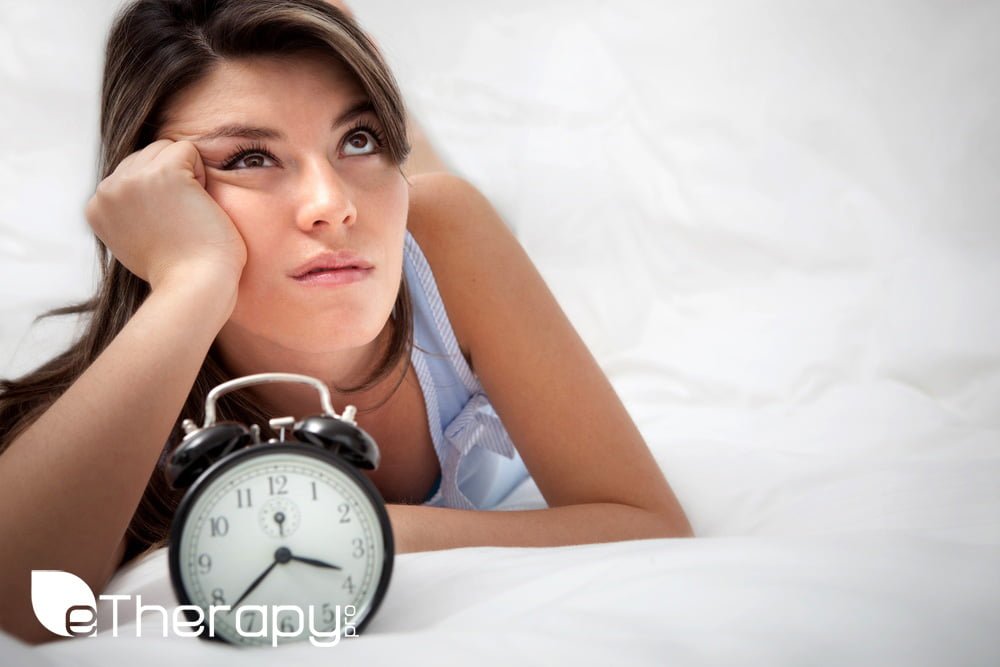 Ever wondered how your daily habits impact your mental Health? In today’s fast-paced and stress-filled world, it’s not uncommon for many to turn to quick fixes like medication or alcohol as coping mechanisms. These temporary solutions often overshadow the fundamental aspects of mental well-being. As we grapple with what seems like an epidemic of stress, anxiety, and depression, becoming the ‘new normal’, Virgil’s ancient wisdom rings truer than ever:
Ever wondered how your daily habits impact your mental Health? In today’s fast-paced and stress-filled world, it’s not uncommon for many to turn to quick fixes like medication or alcohol as coping mechanisms. These temporary solutions often overshadow the fundamental aspects of mental well-being. As we grapple with what seems like an epidemic of stress, anxiety, and depression, becoming the ‘new normal’, Virgil’s ancient wisdom rings truer than ever:
The greatest wealth is health. – Virgil
In this article, we aim to redirect focus back to the natural pillars of mental health: a nutritious diet, the therapeutic embrace of nature, the restorative power of sleep, and the invigorating effect of regular physical exercise. Each of these elements plays a vital role in not just maintaining, but actively improving our mental health. As we navigate through the nuances of each component, we’ll discover how integrating these practices into our daily routine can create profound positive changes. This journey is about rekindling our connection with these timeless, natural components of mental health, offering a healthier, more sustainable approach to combating the mental health challenges of our era. Let’s explore how we can nurture our mental wellness by making small yet impactful lifestyle adjustments.
The Power of a Healthy Diet
A healthy diet plays a crucial role in maintaining not just physical health but mental well-being too. The food we consume can significantly influence our brain function and, consequently, our mood and mental state.
Nutrients for the Brain
Certain foods are particularly beneficial for brain health, impacting our mental health positively. These include:
- Omega-3 Fatty Acids: Found in fish like salmon and sardines, they are essential for brain health, aiding in cognitive function and mental clarity.
- Whole Grains: Foods like oats and brown rice release glucose slowly into the bloodstream, keeping you mentally alert throughout the day.
- Leafy Greens: Rich in vitamins and minerals, greens such as spinach and kale support brain health.
- Berries and Nuts: High in antioxidants and vitamin E, they can help to prevent cognitive decline.
Foods to Embrace and Avoid
To support mental health through diet, consider:
- Embrace: Fresh fruits, vegetables, lean proteins, and whole grains.
- Reduce: High sugar and processed foods, excessive caffeine, and alcohol, as they can exacerbate anxiety and depression.
Hydration and Mental Health
Water intake is often overlooked in discussions about mental health. Staying adequately hydrated is vital for maintaining concentration and cognitive function. Dehydration can lead to brain fog, fatigue, and mood fluctuations.
Incorporating these dietary considerations into your daily life can be a game-changer for your mental health. A balanced diet, rich in brain-boosting nutrients and proper hydration, is critical to your mental wellness toolkit.
Nature’s Impact on Mental Well-being
The healing power of nature on our mental health is often underestimated. Immersing ourselves in natural environments can have profound positive effects on our psychological well-being and mood.
The Great Outdoors and Your Mind
Spending time in nature offers a multitude of mental health benefits:
- Reduces Stress and Anxiety: Natural settings can lower cortisol levels, the body’s stress hormone, promoting relaxation and reducing anxiety.
- Enhances Mood: Studies have shown that regular exposure to nature can combat symptoms of depression and elevate mood.
- Improves Concentration and Creativity: Time spent outdoors, away from the constant stimuli of urban environments, can enhance focus and foster creativity.
- Boosts Physical Activity: Engaging with nature often involves physical activity, which in itself is beneficial for mental health.
Practical Tips for Nature Engagement
Incorporating nature into your daily routine doesn’t require drastic changes. Simple activities include:
- Daily Walks: Taking a walk in a nearby park or green space can be a great start.
- Gardening: Engaging in gardening, even on a small scale, connects you with the soil and plants, offering a sense of calm.
- Outdoor Exercise: Consider exercising outdoors, like yoga in a park or jogging along a trail.
- Mindfulness in Nature: Practicing mindfulness or meditation in a natural setting can enhance the experience and benefits.
Embracing the outdoors can be a simple yet effective way to enhance your mental well-being. Whether it’s a stroll in the park, gardening, or simply sitting and observing the natural world, the benefits for your mental health are both immediate and lasting.
The Essential Role of Sleep in Mental Health
The link between sleep and mental health is inextricable and profound. Quality sleep is not just a luxury but a crucial element in maintaining and enhancing mental well-being.
Sleep and Mental Health
Sleep plays a pivotal role in mental health:
- Restoration and Repair: Sleep allows the brain to repair and rejuvenate, crucial for cognitive functions like memory, attention, and problem-solving.
- Emotional Regulation: Lack of sleep can lead to increased irritability, mood swings, and vulnerability to stress.
- Mental Health Disorders: Chronic sleep deprivation is linked with higher risks of mental health issues like depression and anxiety.
Understanding the impact of sleep on mental health underscores its importance as a fundamental pillar of overall well-being.
Tips for Better Sleep
Improving sleep quality can be achieved through simple, effective strategies:
- Consistent Sleep Schedule: Going to bed and waking up at the same time each day helps regulate your body’s internal clock.
- Relaxing Bedtime Routine: Engaging in calming activities before bed, like reading or taking a warm bath, can signal to your body that it’s time to wind down.
- Optimizing the Sleep Environment: Ensure your bedroom is conducive to sleep – quiet, dark, and cool.
- Limiting Screen Time: Reducing exposure to screens and blue light before bedtime can improve sleep quality.
You can significantly enhance your mental health by prioritizing sleep and adopting these habits. Good sleep hygiene is not just about getting more hours of sleep, but about ensuring that the sleep you get is restorative and effective.
Regular Physical Exercise for a Healthy Mind
Physical exercise is not just about keeping the body fit; it plays a significant role in enhancing mental health and overall well-being.
Exercise as a Mental Health Booster
Engaging in regular physical activity offers numerous mental health benefits:
- Boosts Mood: Exercise releases endorphins, often referred to as ‘feel-good’ hormones, which can elevate mood and provide a sense of happiness.
- Reduces Stress and Anxiety: Physical activity helps lower the body’s stress hormones, like cortisol, and can alleviate symptoms of anxiety.
- Improves Sleep Quality: Regular exercise contributes to better sleep, which is vital for mental health.
- Enhances Self-Esteem and Cognitive Function: Being active improves self-perception and has been shown to sharpen mental alertness and concentration.
Finding the Right Exercise for You
Incorporating physical activity into your routine should be enjoyable and sustainable:
- Choose Activities You Enjoy: Whether it’s walking, swimming, cycling, yoga, or team sports, finding an exercise you love ensures you’ll stick with it.
- Set Realistic Goals: Start with manageable goals and gradually increase intensity and duration.
- Mix It Up: Variety in your exercise routine can keep it interesting and more engaging.
- Make It Social: Exercising with friends or in a group can be motivating and fun.
Conclusion of Mental Health Fuel
As we reflect on the myriad ways to bolster our mental well-being, it’s important to remember the words of Jim Rohn:
Take care of your body. It’s the only place you have to live. – Jim Rohn
Embracing a lifestyle that includes a balanced diet, time in nature, adequate sleep, and regular physical activity is not just about making changes – it’s a holistic approach towards a healthier, more resilient you. This journey is as much about personal growth as it is about health, empowering you to take control and flourish in both the mental and physical aspects of life.

